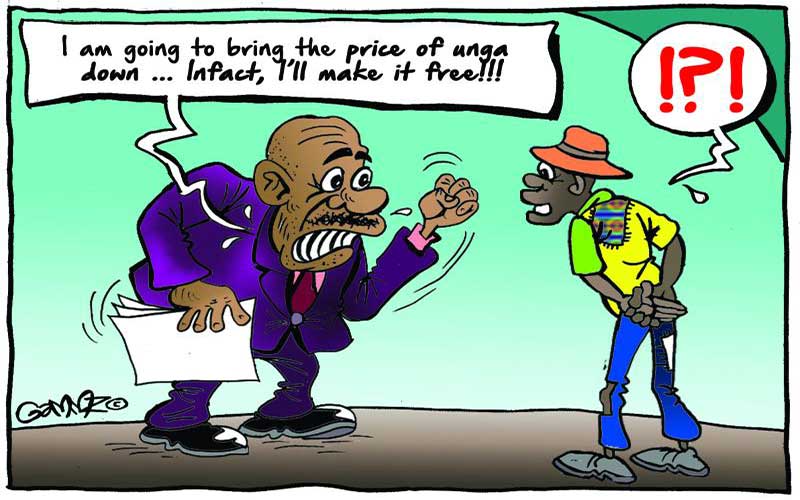×
The Standard e-Paper
Home To Bold Columnists

In a country where a majority are either self-made middle class or pure survivors, it is difficult to understand how a background of poverty can be a selling point for leadership.